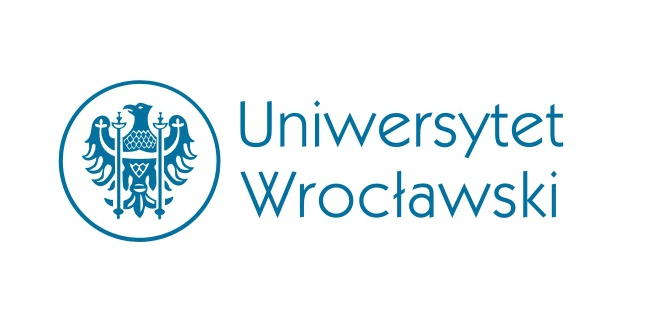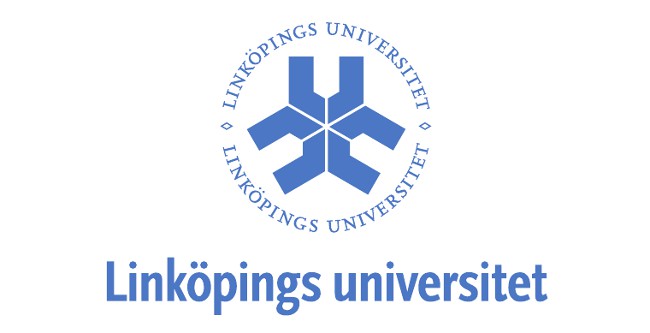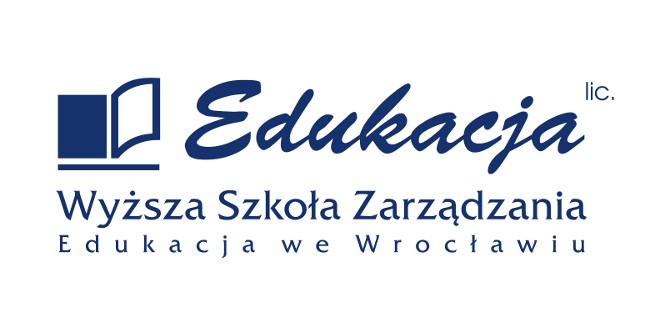






Track 1
Communication in Management and Psychology:
Track Chairs:
Jolanta Kowal, University of Wroclaw, College of Management "Edukacja", Poland
Wojciech Piotrowicz, University of Oxford, UK
Emerging economies with their dynamic development and rapid growth are often considered the engines of the global marketplace. Unfortunately, despite this vigorous economic growth, most emerging economies still lag behind the mature, developed countries in economic output and standard of living. To truly close this gap, new management techniques, new business models, and new regulatory policies, among other factors may be needed. Moreover, information and communication technologies (ICTs) will likely play a vital role in this development process. Thus, the objective of this section is to provide a forum for interested researchers and practitioners to exchange their experiences and creative ideas related to ICT management for global competitiveness and economic growth in emerging economies. Possible topics may include but are not limited to the following:
Papers will be allocated 20 minutes for presentation plus 10 minutes for questions. The language of the conference is Polish and English. Abstracts of no more than 350 words (excluding references) should be sent by logging in at https://www.easychair.org/
Track 2
Communication in Education:
Track Chair: Małgorzata Biedroń, Anna Mitręga
University of Wroclaw, Poland
Possible topics may include but are not limited to the following:
Papers will be allocated 20 minutes for presentation plus 10 minutes for questions. The language of the conference is Polish and English. Abstracts of no more than 350 words (excluding references) should be sent by logging in at https://www.easychair.org/
Track 3
Language in communication:
Track Chair: Anna Kuzio
University of Zielona Góra, College of Management "Edukacja"
William J. Sullivan, UMCS, Lublin, Poland
The importance of language seems to be essential to every aspect and interaction in our everyday lives. Individuals use language to inform the people around us of what we feel, what we desire, and question/understand the world around us. People communicate effectively with their words, gestures, and tone of voice in a multitude of situations. Being able to communicate with each other, form bonds, teamwork, and so on is what separates humans from other animal species. Communication drives our lives and helps us better ourselves. Thus, the objective of this section is to provide a forum for interested researchers and practitioners to exchange their experiences and creative ideas related to linguistics. Possible topics include but are not limited to the following:
We especially welcome papers which re-examine existing frameworks for critical discourse research and/or which highlight and apply new methodologies sourced from anywhere across the humanities, social and cognitive sciences including but without being limited to the following fields:
Track 4
Creativity in the economy of tourism
Track Chair: Mieczysław Leniartek
College of Management "Edukacja", Poland
The culture, including communication, plays a significant role in analyzes of potential for development, as well as programs and plans for tourist areas. In terms of economy of tourism it is expressed in defining the role of historicaland contemporary cultural content as a leading motive of various tourism products.
The authors of these products are local communities whi wish to improve the quality of life, as well as motivated by commercialism organizers of economic life.
In this perspective, it can be observed within the tourism environment the occurrence of "creative regions", "creative cities" and "creative villages" inhabited by "creative communities", governed by the "creative class". As significant for these locations and communities are "creative industries", identified also as the "cultural industries". They are a variety of activities related to the protection of historical content, the evolution of new content and their dissemination. These are such areas of cultural life, as conservation of historical monuments, museology, archeology, architecture, music, visual arts, industrial design, crafts, media and publishing.
The aim of the panel is to consider the nature of relationship between creativity and economy of tourism. In particular it concerns the activity of the creative and business environment in the form of local government units, schools and universities, cultural institutions and non-governmental organizations. They just are involuntary or intentional authors of entering the tourism market "cultural" tourism products. Their activity is the answer to the needs and trends in tourism, as well as an inspiration for the organizers and entrepreneurs operating in the sphere of tourism.
Range of topics: In research reports and reflections from personal experiences which are the basis for discussion and exchange of views, the references to the following problems are sought:
● specifics of the creative sector in tourism;
● art as a response to new needs and trends in the contemporary tourism;
● trends and needs of the creative sector;
● management of the creative sector in tourism;
● institutional support for the arts for the purposes of tourism;
● linking science and business in the area of creative industries;
● originality of "cultural" tourist products in the light of ethics and law;
● economics of the production of "creative products" for the purposes of tourism.
Papers will be allocated 20 minutes for presentation plus 10 minutes for questions. The language of the conference is Polish and English. Abstracts of no more than 350 words (excluding references) should be sent by logiing in at https://www.easychair.org/